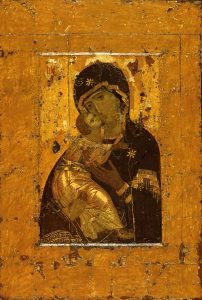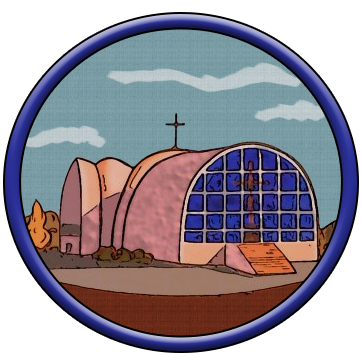The Weekly Cycle of Commemorations

For Jews and Christians, the observance of a repeating cycle of seven days, with one day set aside and dedicated to God, is extremely ancient, going back to Genesis: “God blessed the seventh day and made it holy, because on it he rested from all the work he had done in creation” (Genesis 2:3). Peculiar to the Judaeo-Christian law is the connection of a rest for man with prayer to God. The seventh day, or Sabbath, was set aside for prayer and rest from labor,
In the Christian Church, Sunday is the most important day of the week; it commemorates things that happened in the past, and also teaches us to look forward to the final stage of redemption which is yet to come. The first day of the week became the day on which Christians met, early in the morning, to read the Scriptures and offer the Eucharist.
As the liturgical services developed, special prayers and hymns were composed for each day in the eight-week cycle which reflected the special commemorations for each day of the week:
| Day: | On this day we commemorate: | Historical or biblical event: |
| Sunday | the Resurrection of Christ | the first day of the week, and also the “eight day” or “day of the Lord” |
| Monday | the holy angels | continuing praise of God in heaven |
| Tuesday | the Forerunner and Baptist John | the transition from the Old to the New Testament |
| Wednesday | the Holy Cross and the Mother of God | the day of Christ’s betrayal |
| Thursday | the holy apostles; Saint Nicholas | the spread of Christ’s message throughout the world |
| Friday | the Holy Cross | the day of Christ’s crucifixion |
| Saturday | the martyrs; all the saints; the faithful departed | the seventh day of the week, or Sabbath; Christ’s rest in the tomb |
Adapted from: Weekly Cycle by the Metropolitan Cantor Institute
